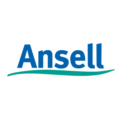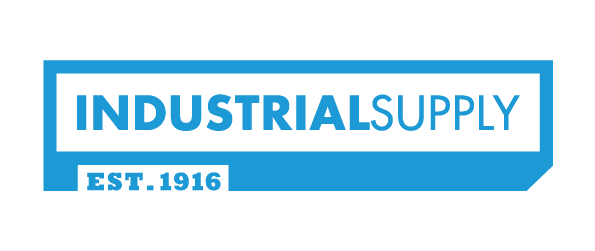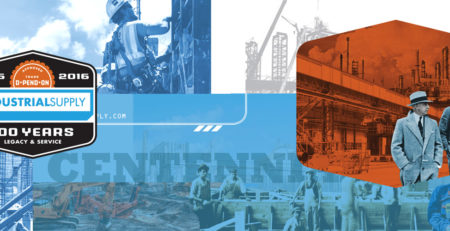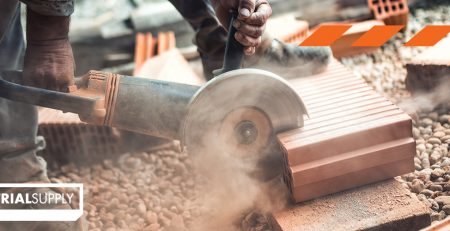Increased Demand for Nitrile Gloves Impacts Industrial Supply’s Customers
Worldwide, the coronavirus has led to a dramatic increase in the demand for Personal Protective Equipment in both the healthcare fields and in the general population. Unfortunately, this has meant that manufacturers and other non-health-related businesses are finding it more and more difficult to maintain an adequate stock of the products necessary to ensure the safety of their employees.
While much of the initial reporting on PPE shortages focused on the lack of N95 masks, the limited supply and increased costs of nitrile gloves are now becoming a significant concern. According to FierceHealthcare, which publishes news related to the healthcare industry, a recent survey of 905 hospitals found that the item most in demand at these facilities were not masks or protective gowns, but medical grade exam gloves (see https://www.fiercehealthcare.com/hospitals/gloves-demand-for-hospitals-facing-shortages-due-to-covid-19-premier).
A shortage in these gloves has a considerable impact on manufacturing and other industries that are unrelated to healthcare. As many of Industrial Supply’s customers know, nitrile gloves are an important safety product for any task that requires hand protection. Workers in the chemicals, electronics, paint and coatings, and printing and dyeing industries all need these gloves, whose thin construction allows them to complete precision projects, such as small electronics assembly, intricate parts handling, lab analysis, and technical work.
Industrial Supply’s product partner Ansell notes that because of Covid-19, global demand for single-use nitrile gloves has tripled in 2020. This incredible increase, which has occurred over a very short period of time, has been driven by healthcare workers and new hygiene protocols, as well as government entities and major health systems building PPE stockpiles to prepare for a second wave of the virus.
For a variety of reasons, supply of the gloves has not been able to keep pace with this increased demand.
- Unlike masks, nitrile gloves have expensive and complex production requirements, which mean that businesses cannot easily and quickly establish new manufacturing locations to increase supply. A quick look at YouTube videos of the dipping lines used to construct nitrile gloves demonstrates the intricacy of their fabrication.
- There are a limited number of manufacturers, only one of which is located in the United States. According to Rubber & Plastic News, China, Malaysia, and Thailand are the biggest makers of nitrile gloves, accounting for 99% of the world’s supply (https://www.showagroup.com/us/en/news/showas-investment-boosts-domestic-nitrile-glove-capacity). Without a substantial domestic output of these gloves, the United States has less control over the number of products accessible to its businesses.
- Increased demand has led to a shortage of acrylonitrile butadiene rubber, a critical raw material required to make nitrile.
The bottom line is that it has become more difficult and more expensive for businesses to procure nitrile gloves for their workers. However, there are a few things business owners should do now to ensure they have the supplies they need:
- Complete an inventory of the nitrile gloves currently at their work sites.
- Forecast their future needs, up to 12 months if possible.
- Review whether tasks require medical grade gloves, or whether vinyl or latex gloves would work as well.
- Reach out to their Industrial Supply sales representative, who has an extensive knowledge of current product availability and alternative options.
Industrial Supply continues to monitor the impact the pandemic is having on our customers, and we remain committed to helping them find the PPE products they need to keep their businesses running and their employees safe. For more information, please see Ansell’s document explaining supply chain problems and the corresponding price increases.
This Post Sponsored By


![[blog image that shows blue gloves. There is a headline that reads Increased demand for nitrile gloves]](https://indsupply.com/wp-content/uploads/2020/11/ISC_BLOG-gloves.jpg)


![[image for blog with various sized cnc metal cutting tools ]](https://indsupply.com/wp-content/uploads/2017/01/ISC_BLOG_cuttingtools-1-450x231.jpg)



